Alphabet Recognition Normal Alphabet Worksheets for Ages 3-6
42 filtered results
-
From - To
Discover our engaging Alphabet Recognition Worksheets designed for children aged 3-6! These fun, interactive activities aim to enhance your child's letter recognition skills essential for early literacy development. Our thoughtfully crafted worksheets include a variety of exercises, such as tracing, matching, and identifying letters, tailored to meet the needs of young learners. By integrating playful designs and relatable themes, these resources keep kids motivated while learning the alphabet. Perfect for homeschooling or classroom settings, our worksheets foster cognitive growth, improve fine motor skills, and build a strong foundation for reading and writing. Unlock your child's potential with our Alphabet Recognition Worksheets today!
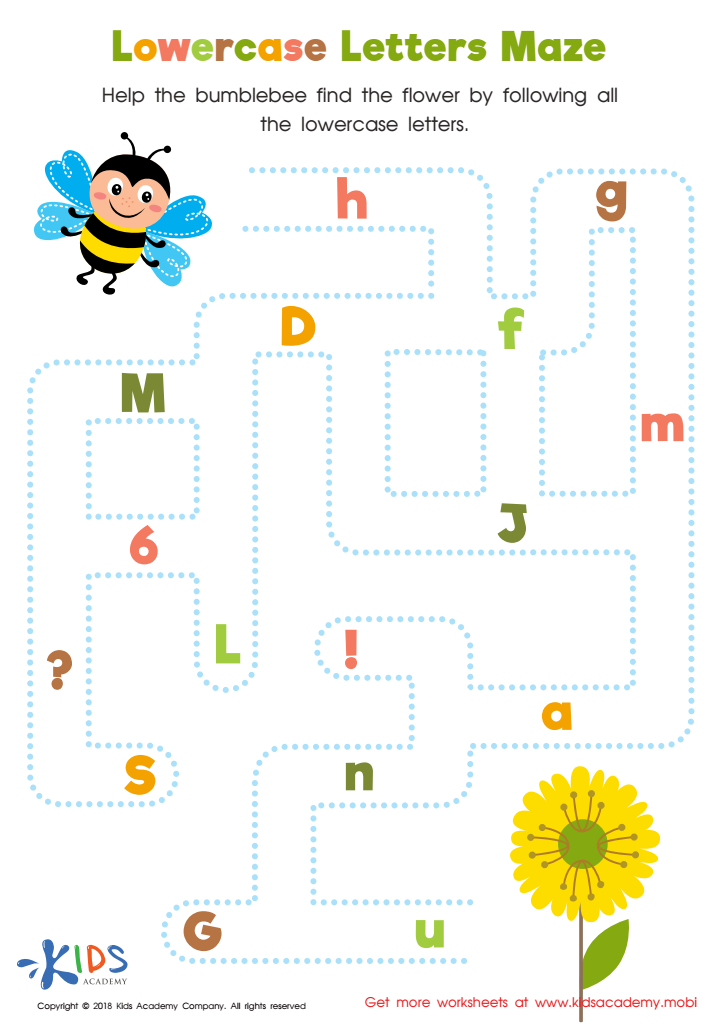

Lowercase Letters Maze Worksheet
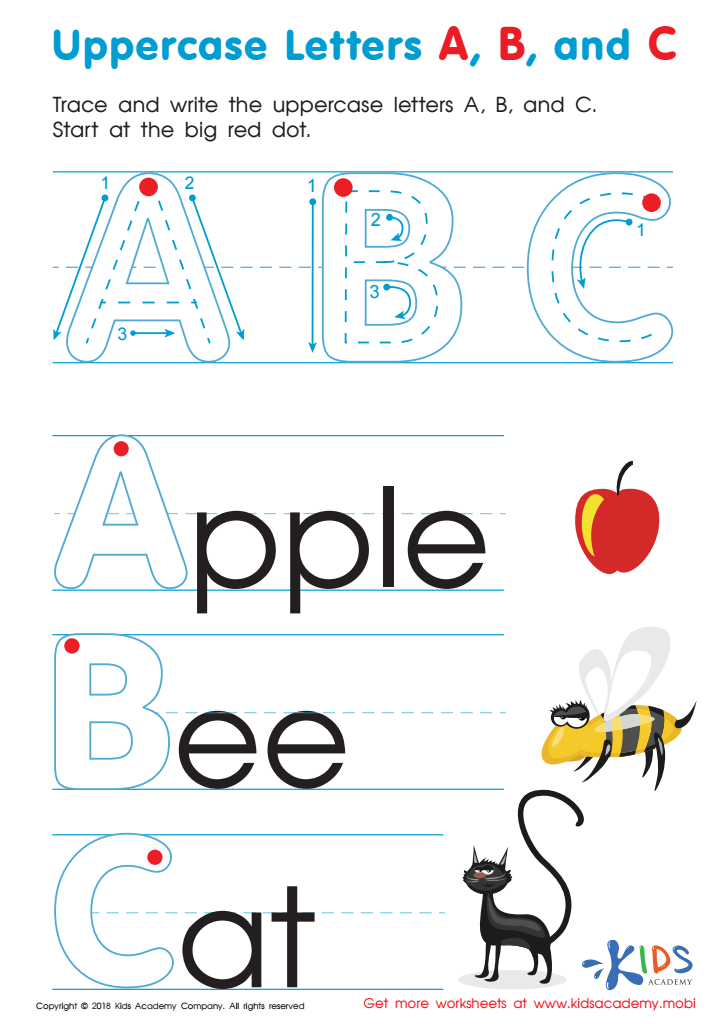

Uppercase Letters A, B, and C Worksheet
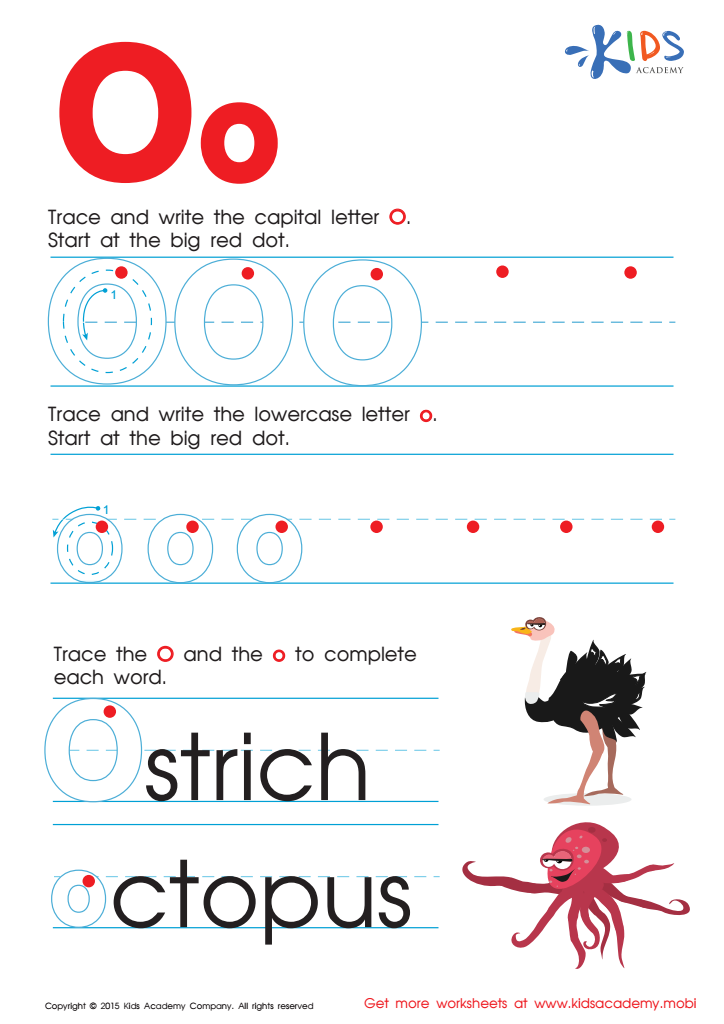

Letter O Tracing Page
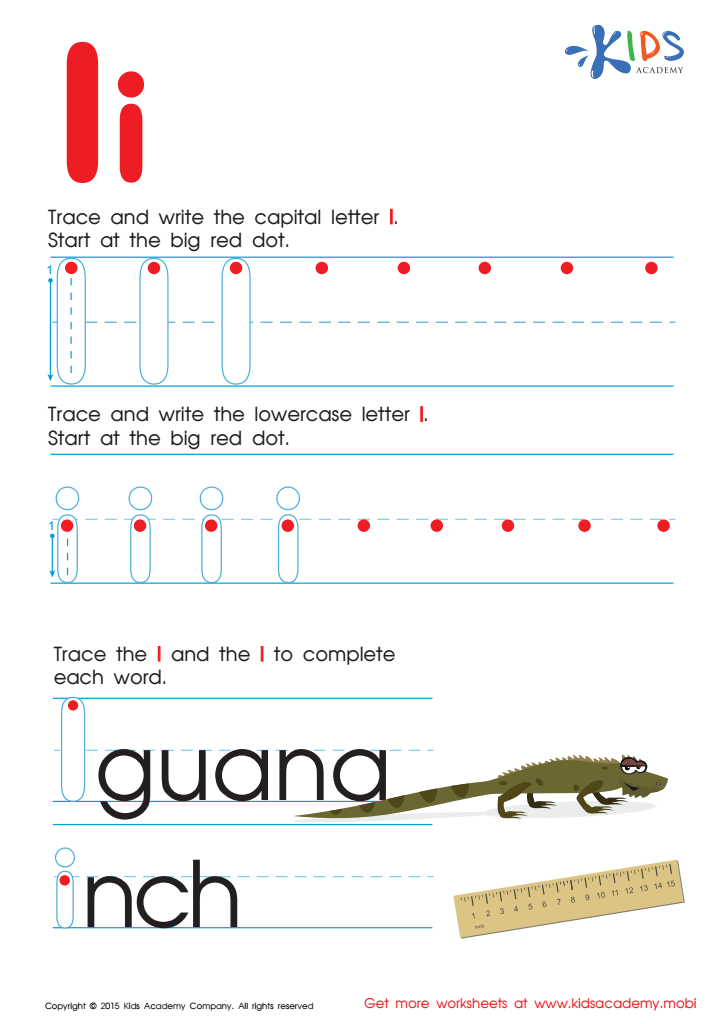

Letter I Tracing Page
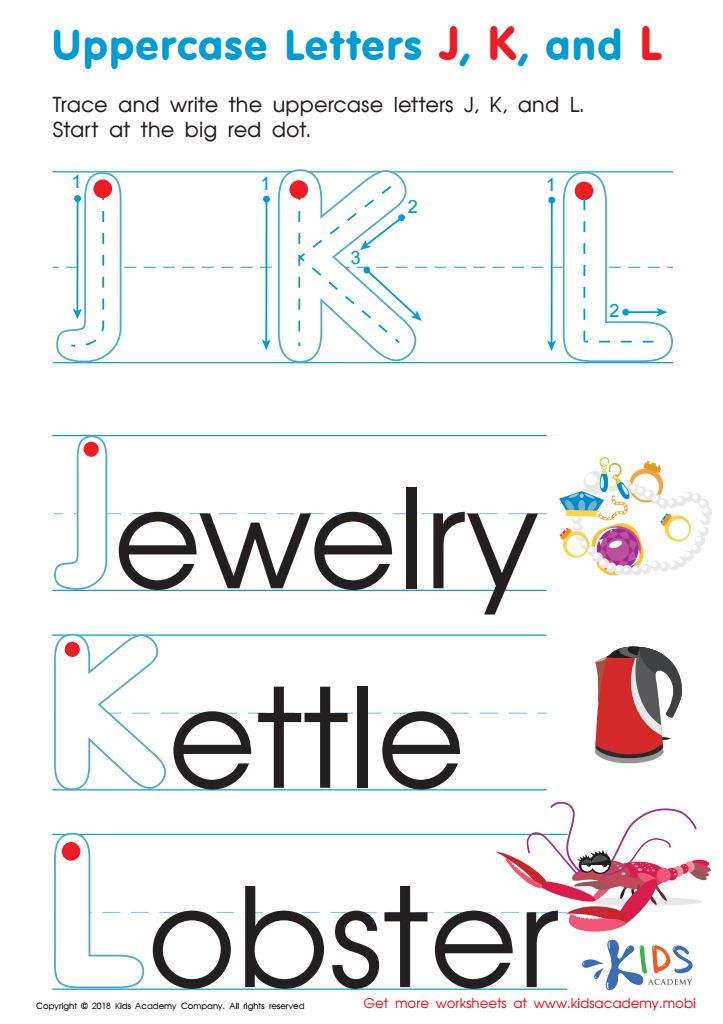

Uppercase Letters J, K, and L Worksheet
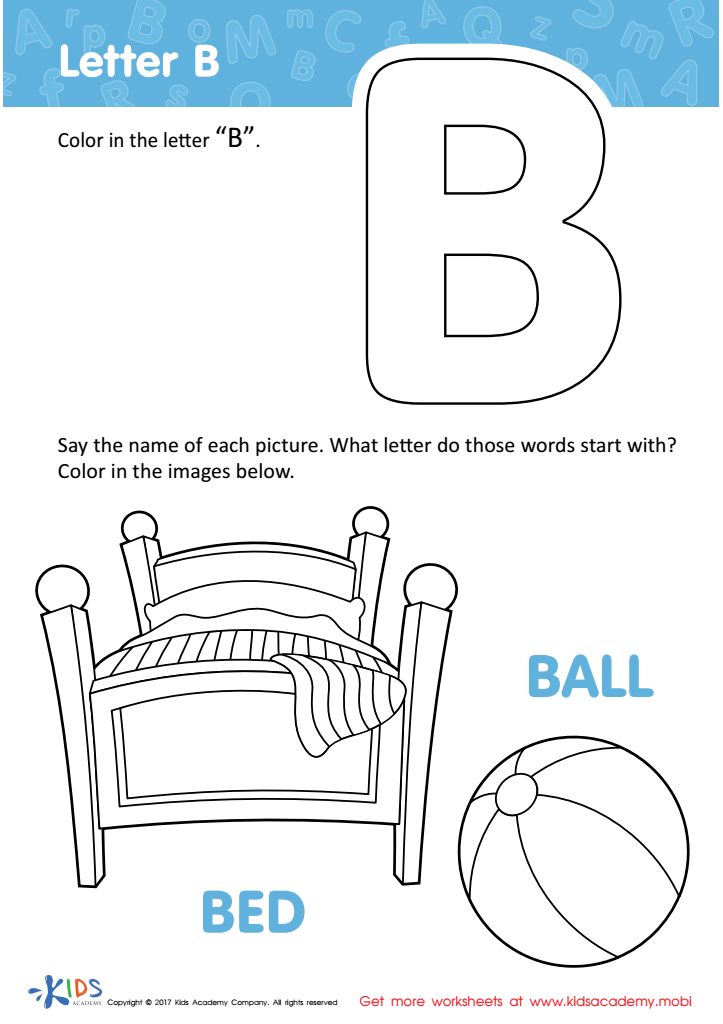

Letter B Coloring Sheet


Letter A Coloring Sheet
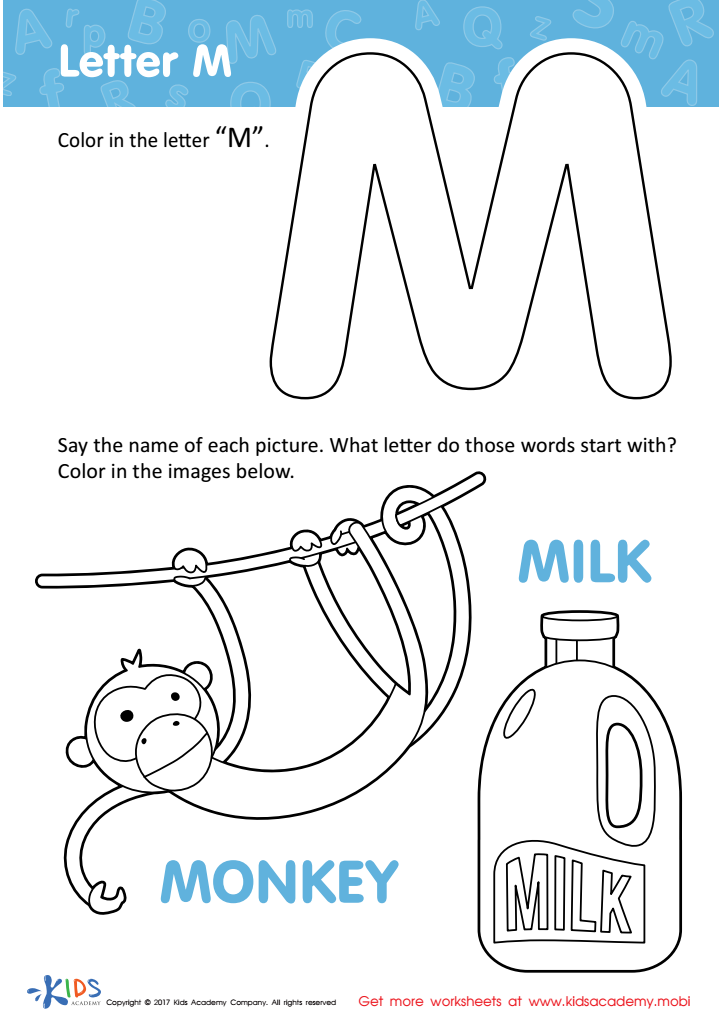

Letter M Coloring Sheet
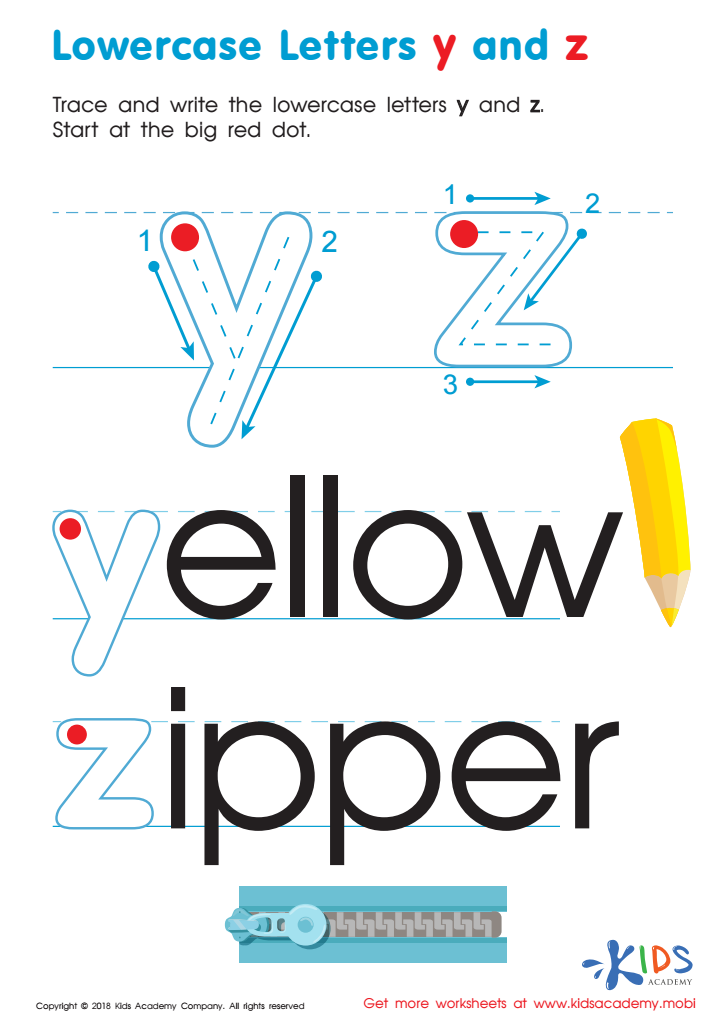

Lowercase Letters y z Worksheet
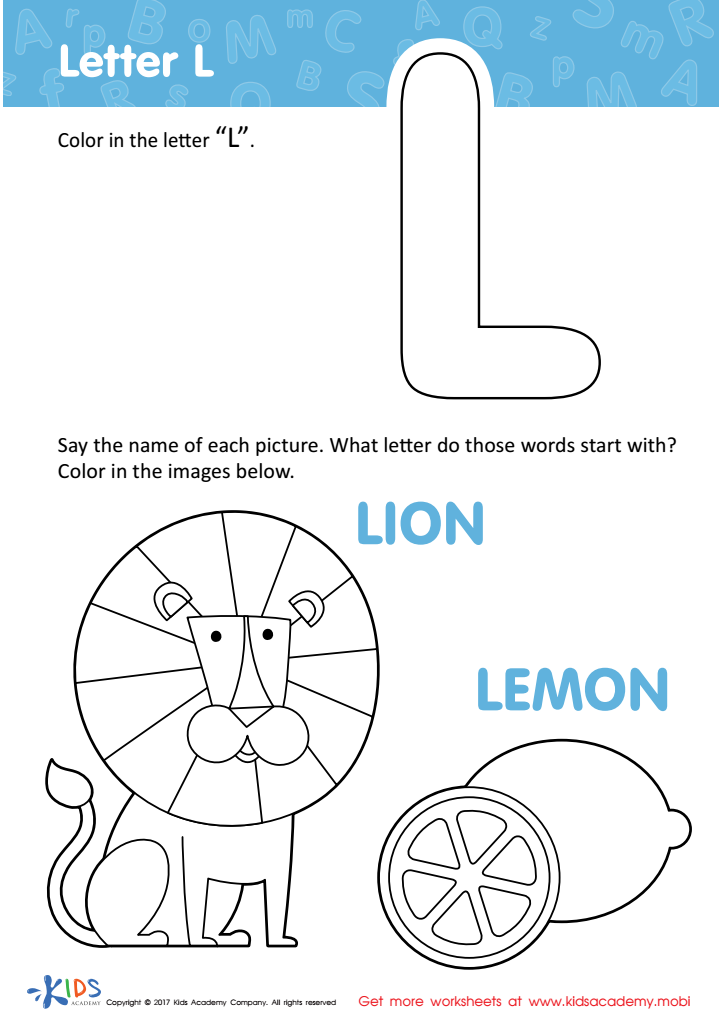

Letter L Coloring Sheet
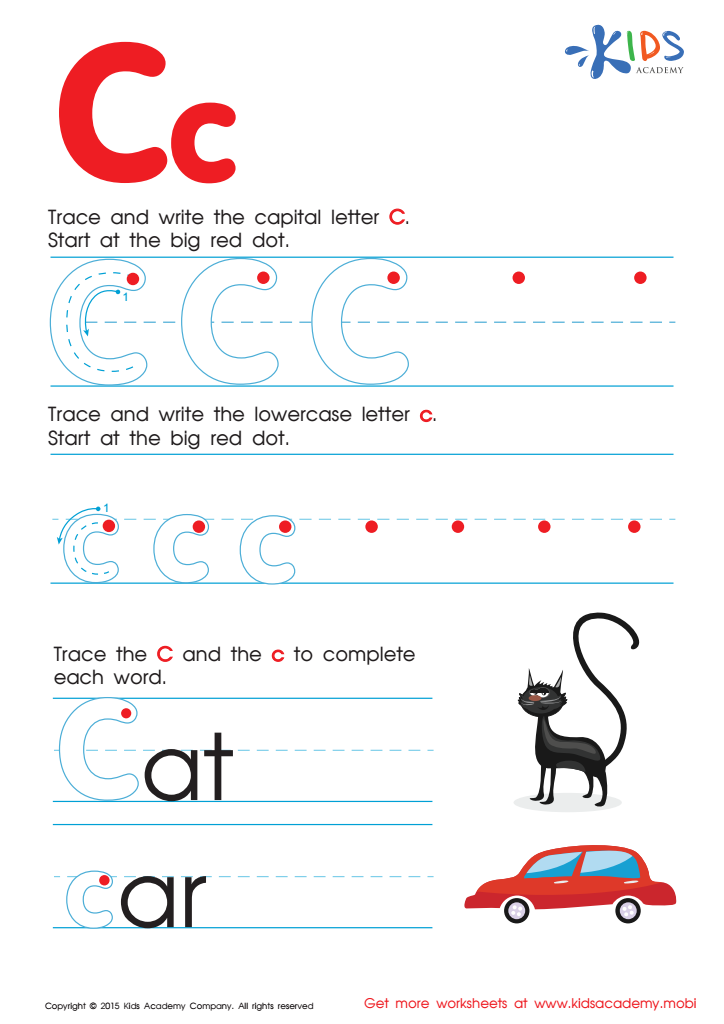

Letter C Tracing Page
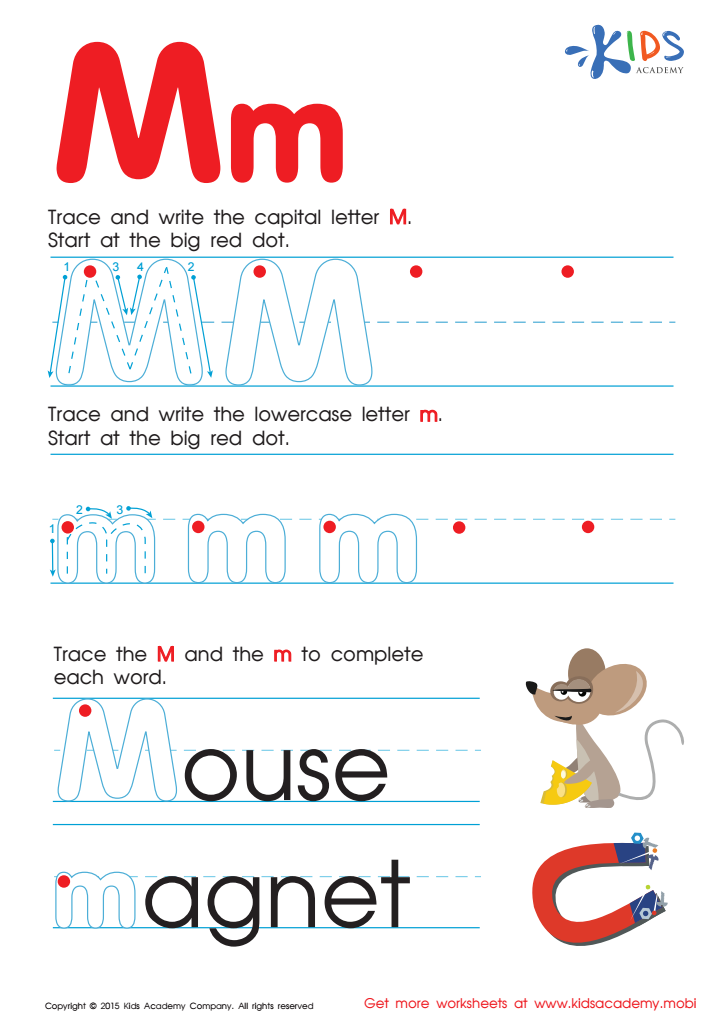

Letter M Tracing Page
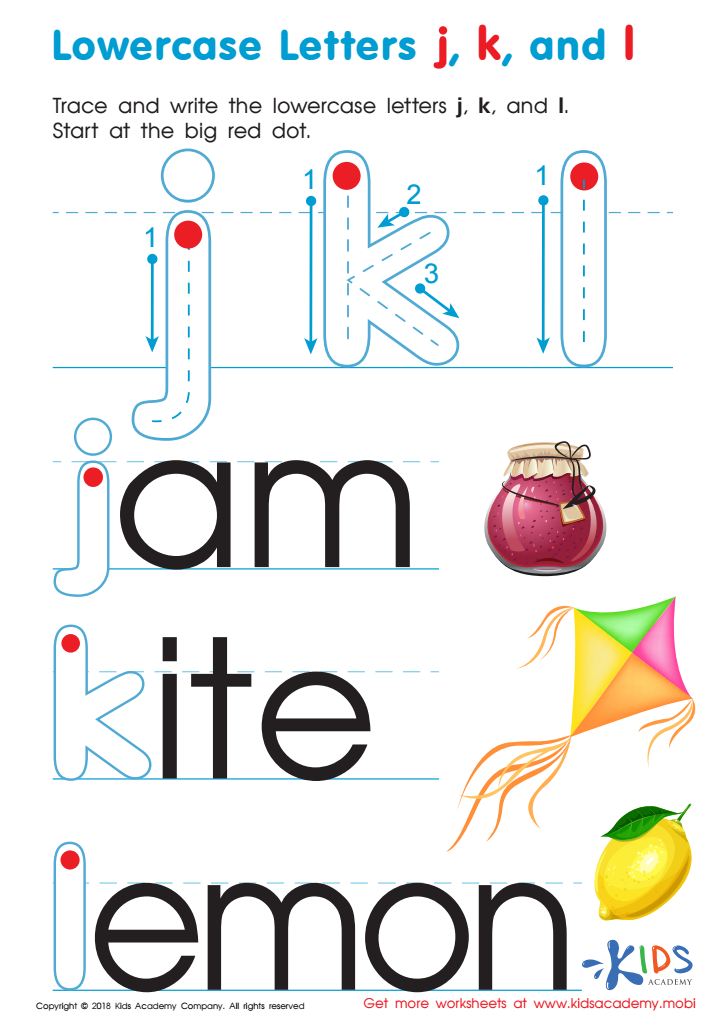

Lowercase Letters j k l Worksheet
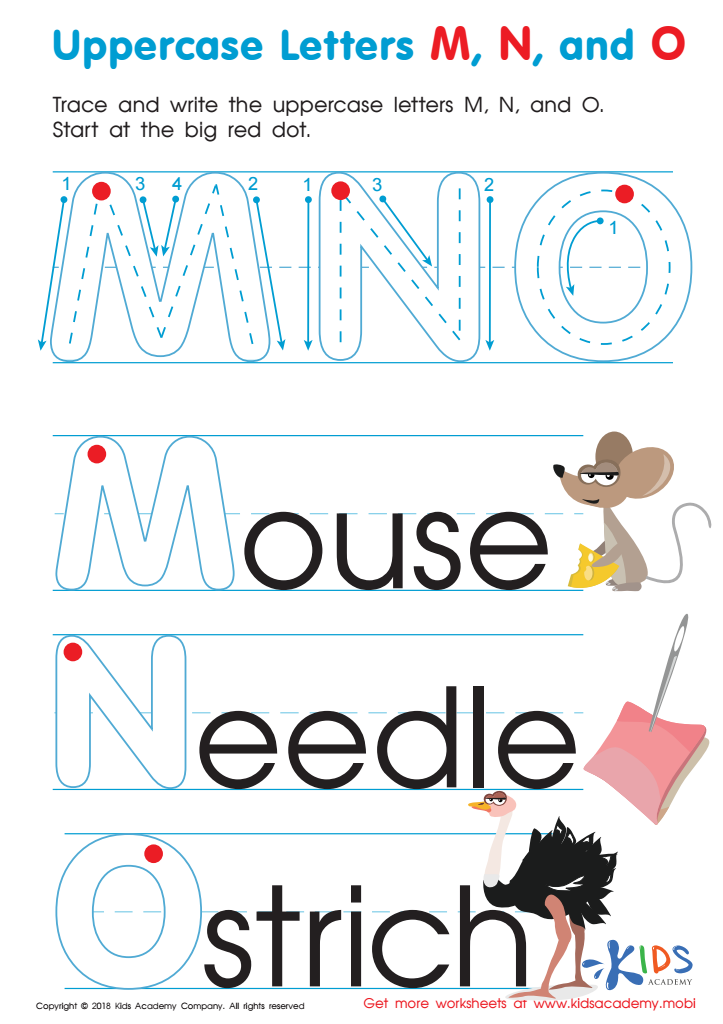

Uppercase Letters M, N, and O Worksheet
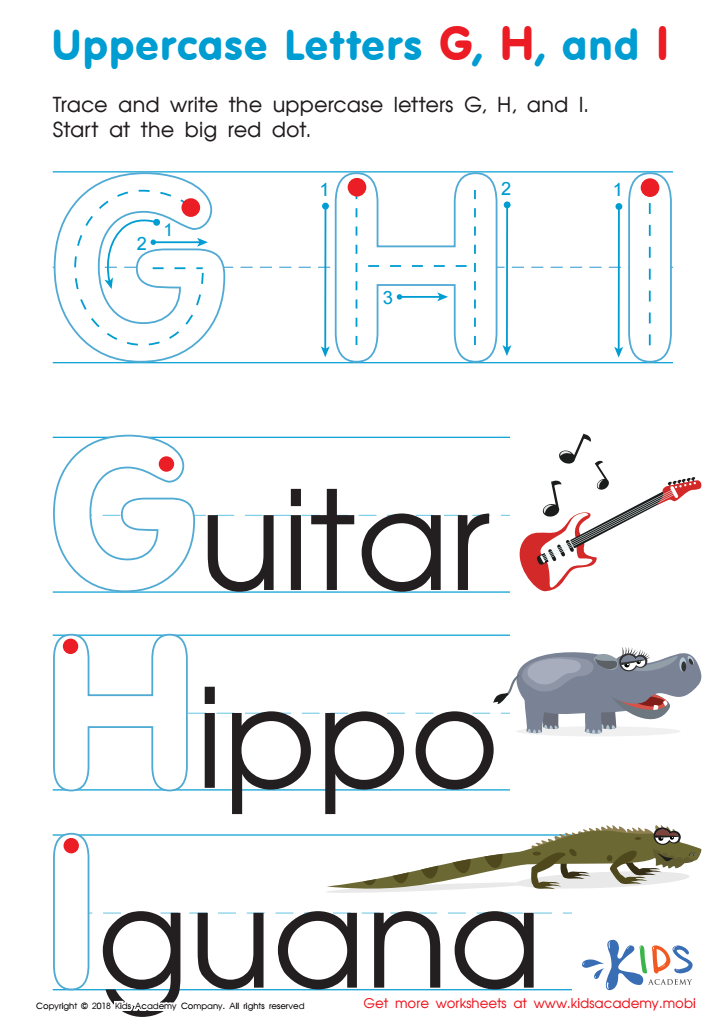

Uppercase Letters G, H, and I Worksheet
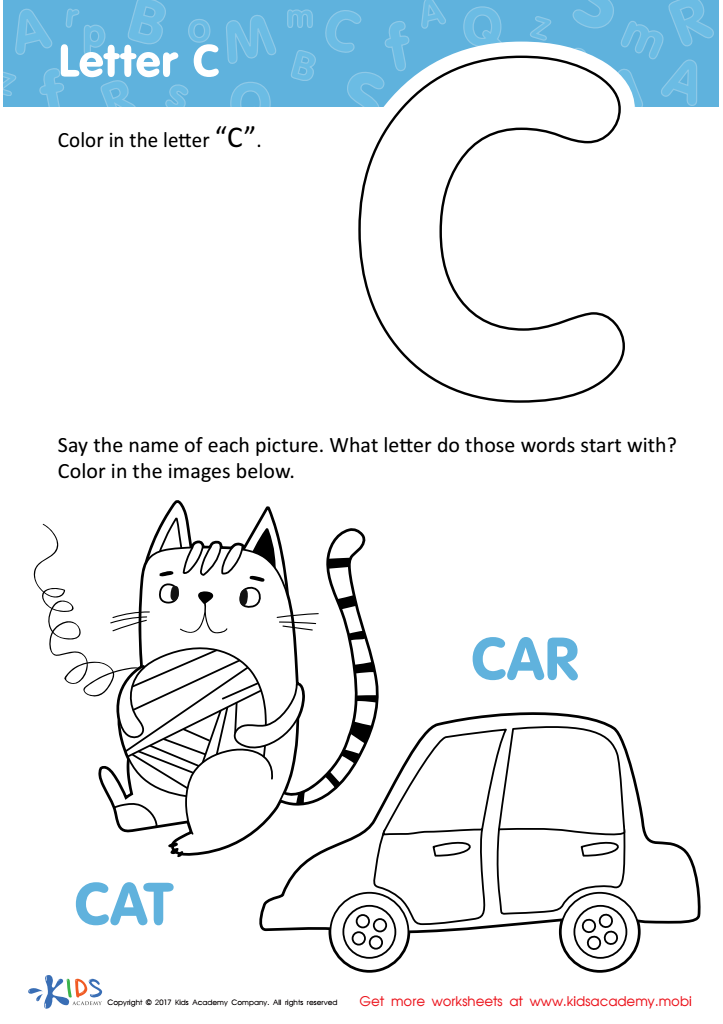

Letter C Coloring Sheet
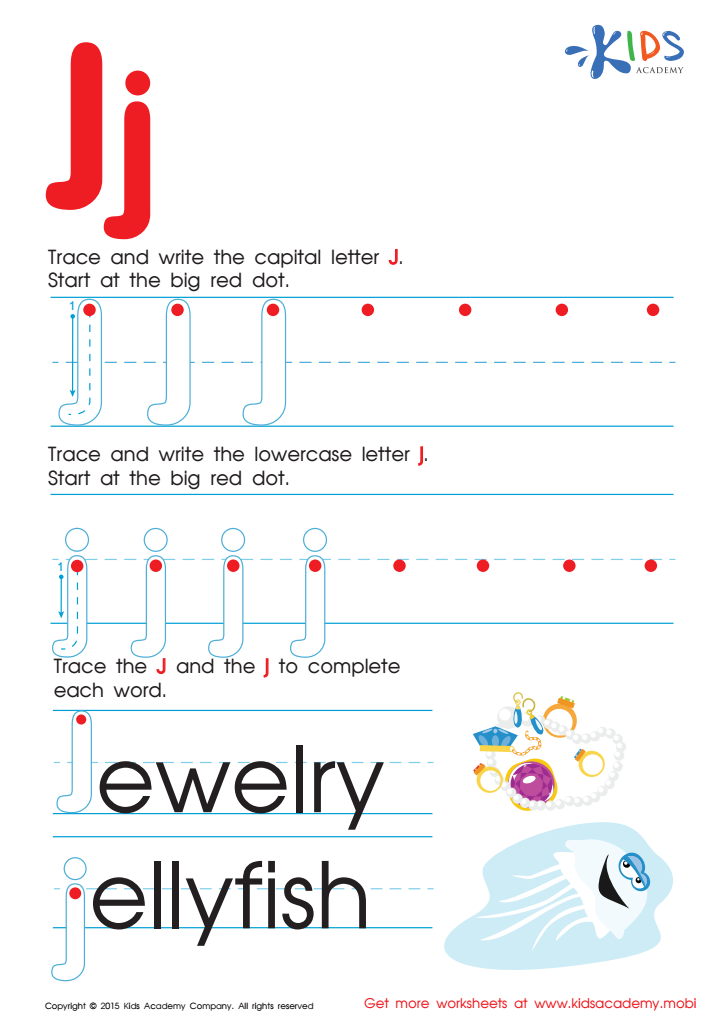

Letter J Tracing Page
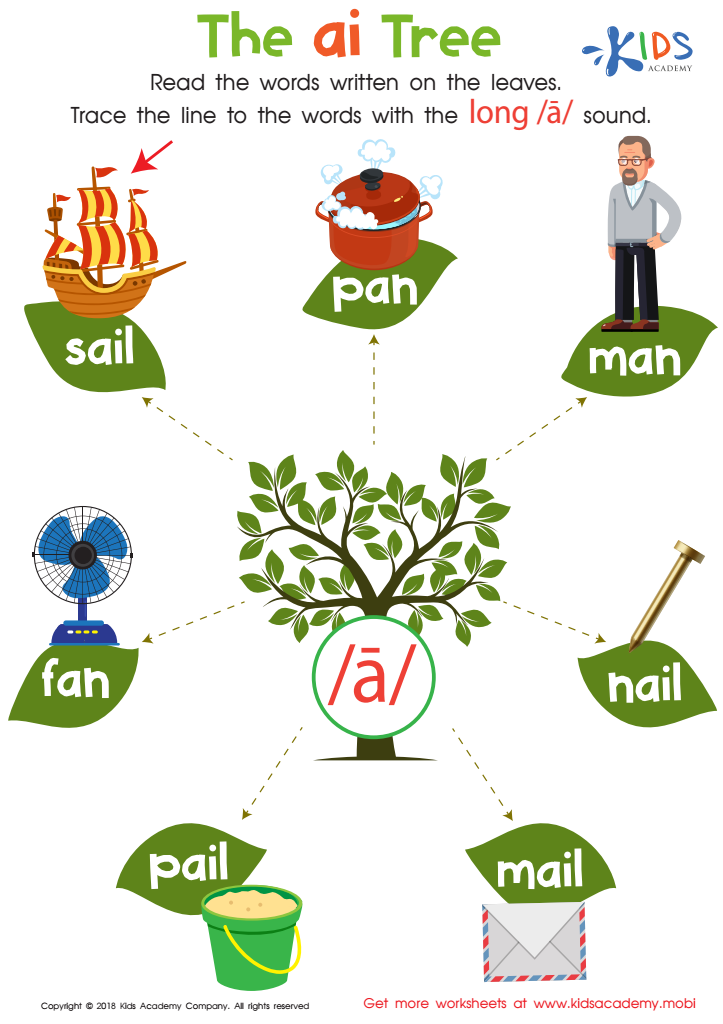

The AI Tree Worksheet
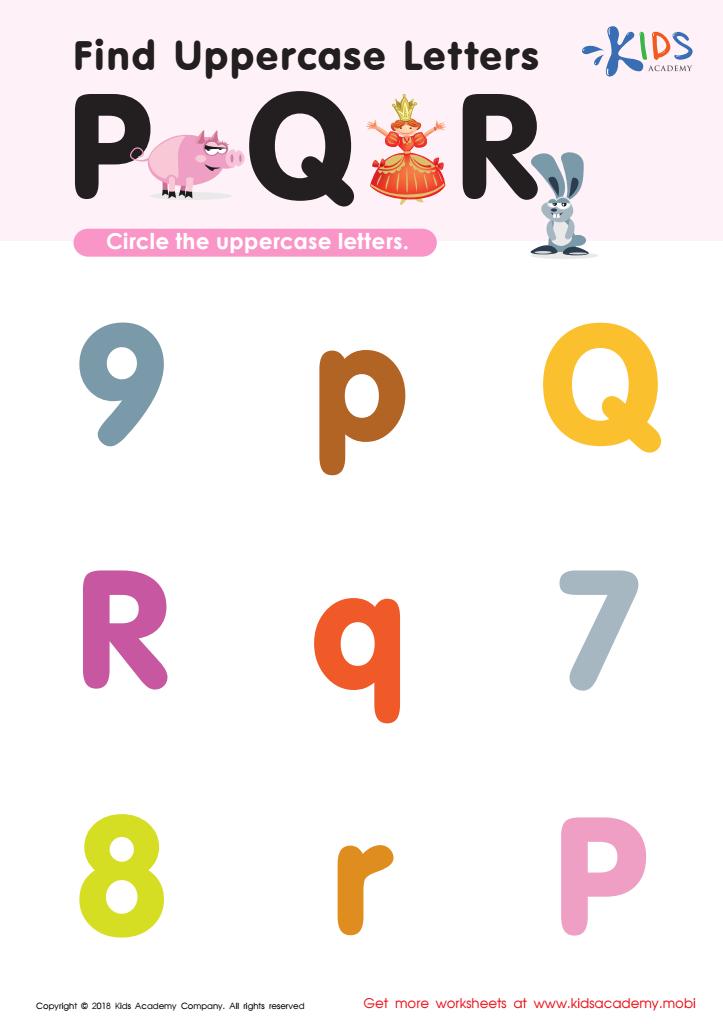

Find Uppercase Letters P, Q, and R Worksheet
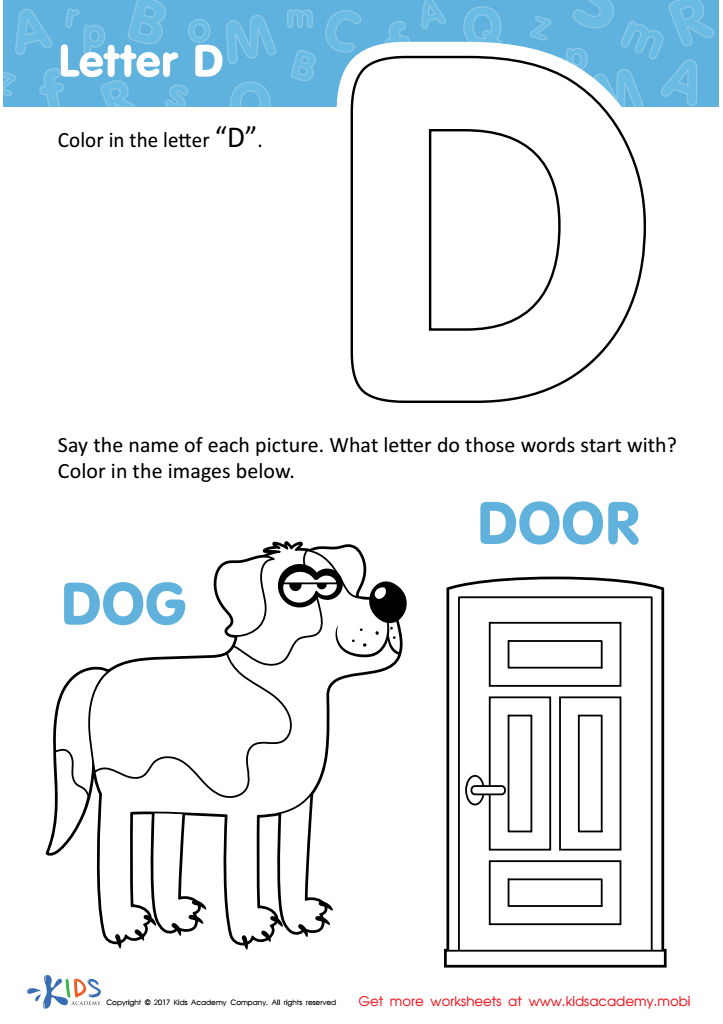

Letter D Coloring Sheet
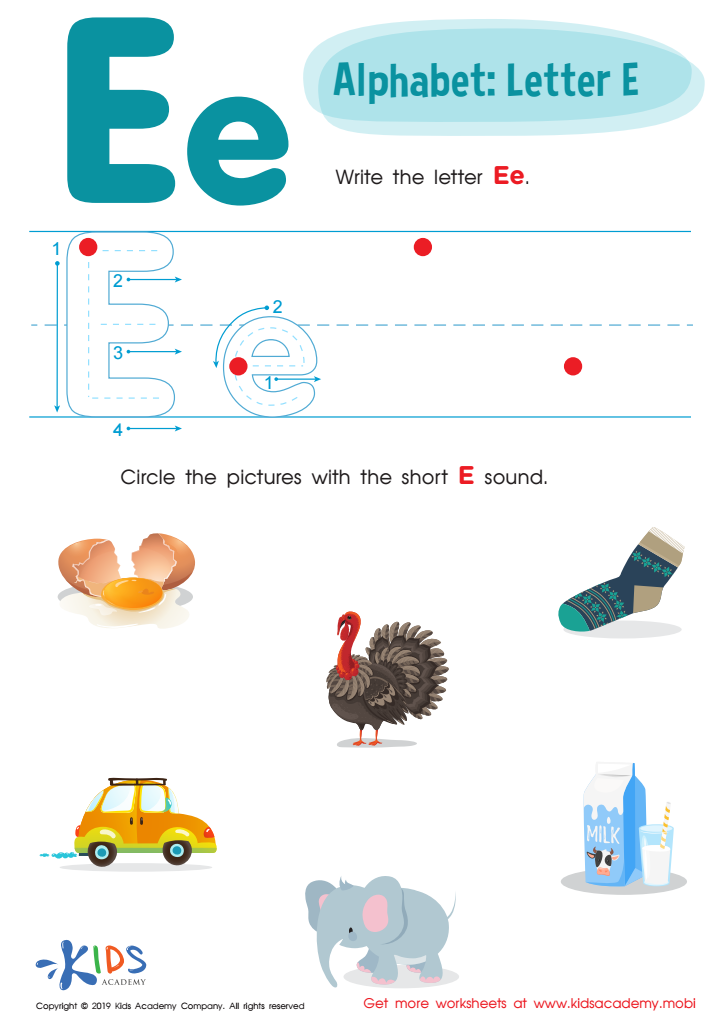

Letter E Tracing Worksheet
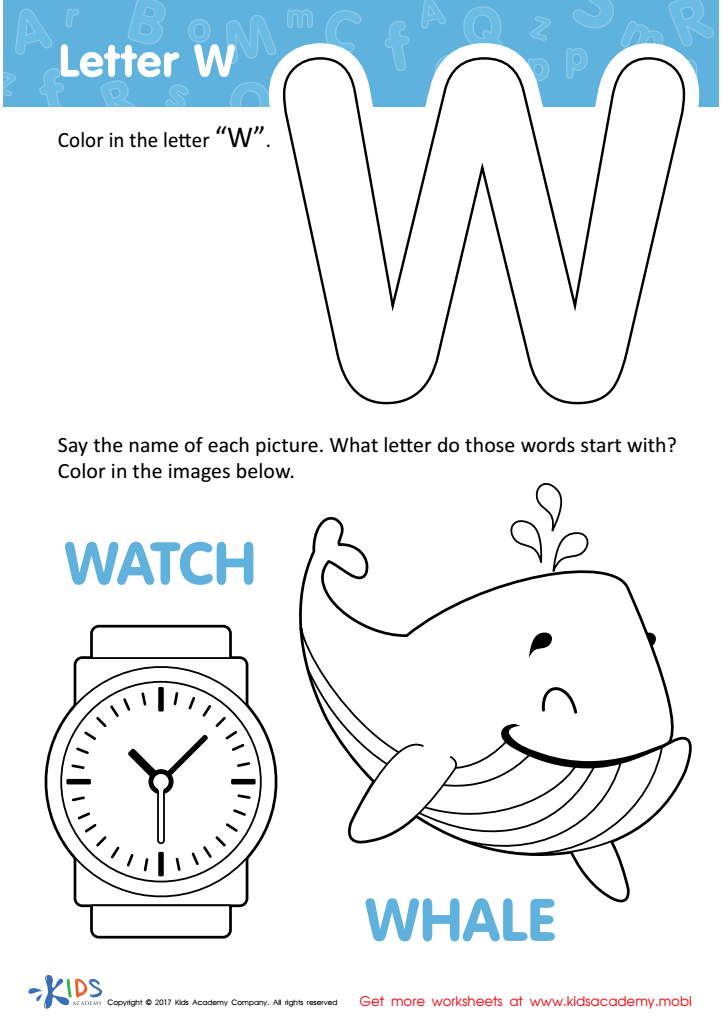

Letter W Coloring Sheet
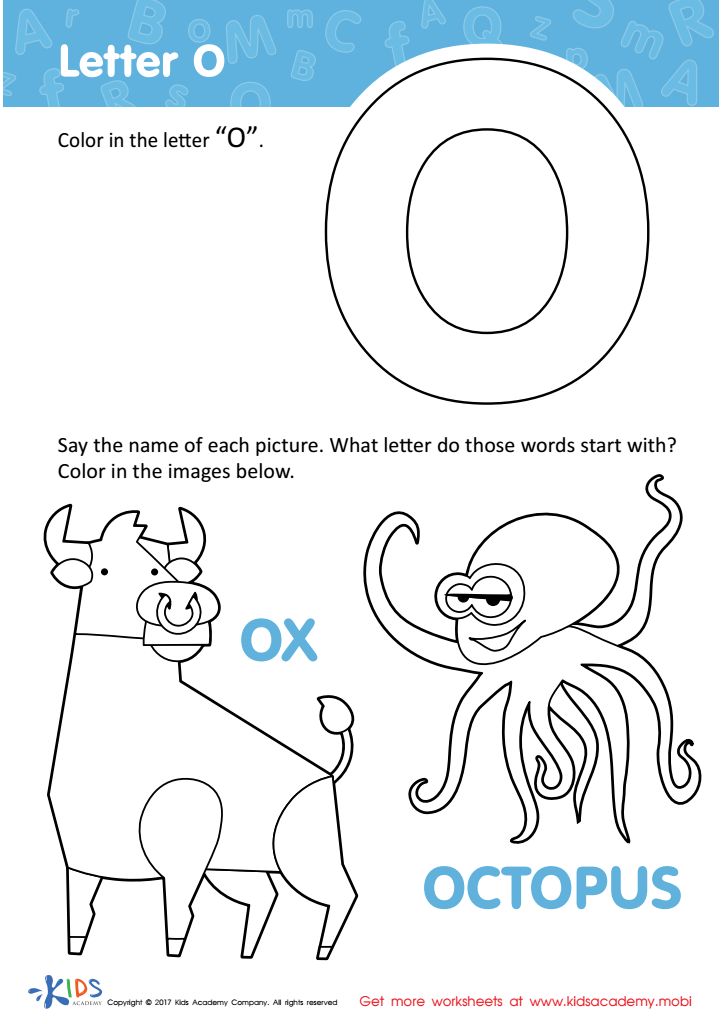

Letter O Coloring Sheet
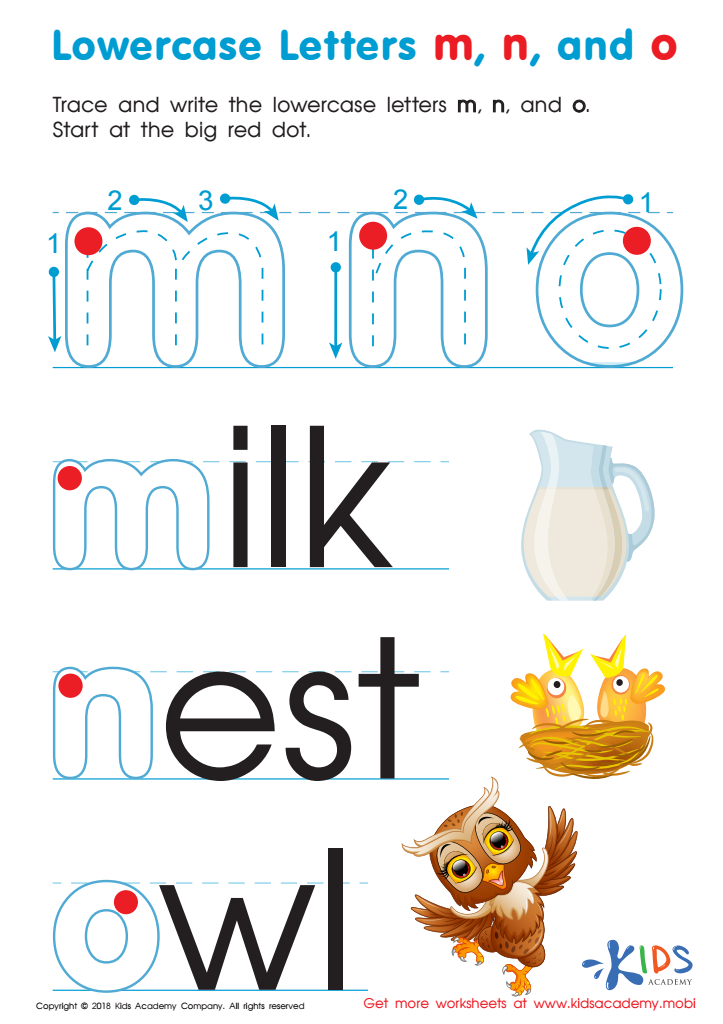

Lowercase Letters m n o Worksheet
Alphabet recognition is a crucial developmental milestone for children ages 3-6, laying the groundwork for literacy skills essential for communication and learning. Parents and teachers should prioritize this foundational skill for several reasons. First, understanding the alphabet enhances children’s ability to decode words, enabling them to read and write effectively as they progress in their education. Early recognition fosters phonemic awareness—an understanding of the sounds that letters represent—which is pivotal for spelling and pronunciation.
Additionally, recognizing letters builds children’s confidence in language use. When children can identify letters, they feel more empowered to engage with books and written materials, fostering a love of reading that can last a lifetime. Also, this skill often correlates with improved vocabulary development and overall academic success.
Furthermore, practicing alphabet recognition in a playful, interactive manner can strengthen parent-child or teacher-student bonds. Utilizing games, songs, and stories makes learning exciting and memorable, promoting a positive attitude towards education. As children develop this skill, they gain essential tools that support their cognitive, social, and emotional growth, preparing them for future learning challenges. In summary, prioritizing alphabet recognition in early learners is vital for their educational journey and lifelong language acquisition.
 Assign to My Students
Assign to My Students














